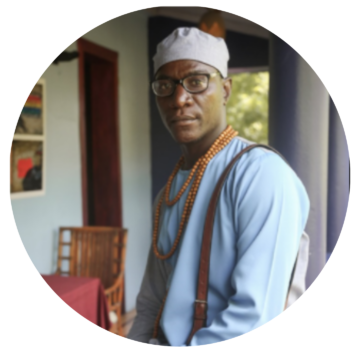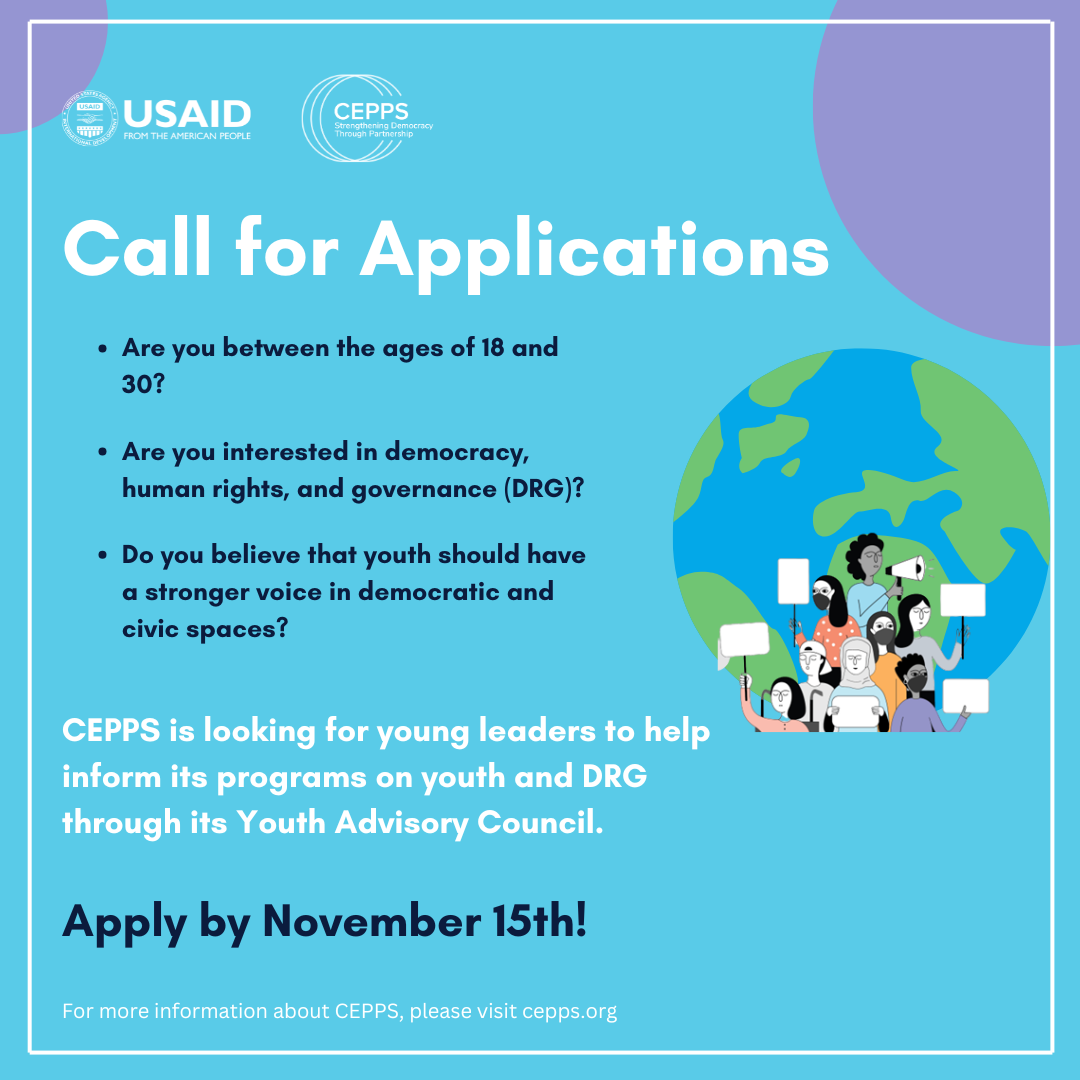This month, to celebrate Global Pride Month, the Consortium for Elections and Political Process Strengthening (CEPPS) is recognizing the essential work done by our partners to promote Lesbian, Gay, Bisexual, Transgender, Queer, and Intersex (LGBTQI+) equality.
This spotlight focuses on the work of KOURAJ, a civil society organization (CSO) in Haiti.

Méus Stephenson is a human rights activist and the Executive Director of Kouraj Pou Pwoteje Dwa Moun (KOURAJ). KOURAJ is a group of activists from the M community who fight for the equality of LGBTQI+ people in Haiti. “M community” or Masisi, Madivin, Makomer, or Mix, is the collective term commonly used by the community. KOURAJ is a non-profit community organization whose primary objective is to fight against all forms of discrimination based on sexual orientation, or gender identity throughout the Republic of Haiti. The organization was created in December 2011 by Haitians who wanted to defend the human rights of LGBTQI+ people in their country.
KOURAJ’s mission is to integrate M people into the broader fight for human rights in Haiti. Above all, KOURAJ aims to raise awareness in Haitian society and to change the misconceptions of LGBTQI+ people.
KOURAJ works in four main areas:
The main obstacle to the political participation of LGBTQI+ people in Haiti is that they are constantly discriminated against and stigmatized. Every day, they suffer homophobic acts because of their sexual orientation and/or gender identity. Homophobia is present in all aspects of life, including political, medical, religious, economic, and educational. This creates great fear and insecurity among LGBTQI+ Haitians. This discrimination and stigma are exacerbated by ongoing socio-political crises and a lack of respect for the rule of law.
To face these challenges, KOURAJ organizes awareness-raising trainings on countering discrimination and stigmatization with people from civil society, disseminates awareness-raising videos, and advocates on behalf of LGBTQI+ people in Haiti.
COVID-19 has affected LGBTQI+ political participation in Haiti in several ways. The impact of COVID-19 is felt across health, economic, psychological and social sectors. We can’t do face-to-face awareness campaigns because of social distancing, and we cannot meet in groups. The government of our country is not reacting.
The pandemic could enable the LGBTQI+ community to have access to health services like everyone else and also to distribute sanitary hygiene kits.
For me, pride means being homosexual and living my identity to the fullest.


